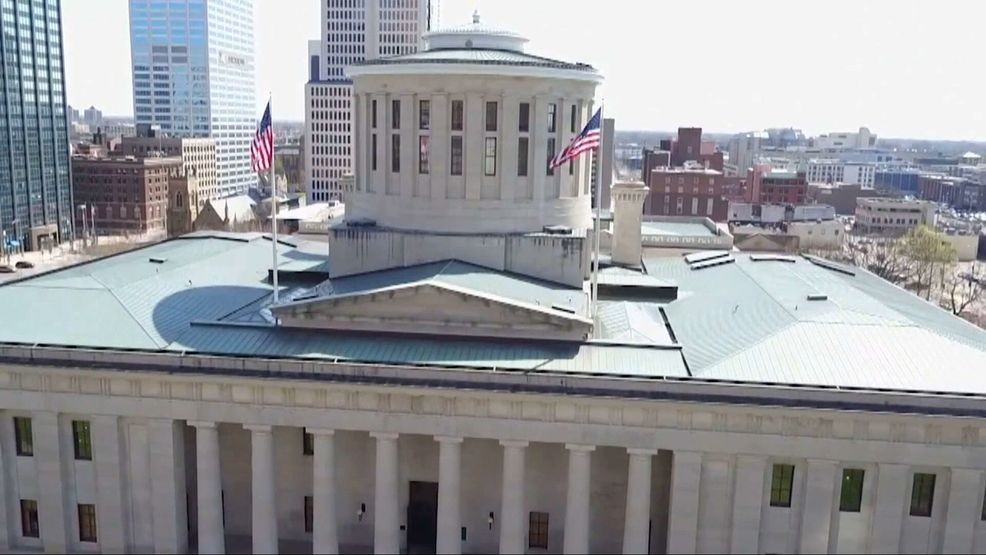Ohio’s Controversial Plan to Fund Stadiums Using Unclaimed Funds Heads to Court
A heated debate has emerged in Ohio over a proposal that would use unclaimed funds to finance major sports stadium projects. The plan, which involves allocating $1.7 billion from these funds to cover future stadium costs, has sparked significant legal and public controversy. Specifically, $600 million has already been set aside for the Cleveland Browns, prompting concerns about the constitutionality of the measure.
Critics argue that the plan violates fundamental principles of property rights. Jeff Crossman, a former state lawmaker and one of the individuals leading the lawsuit against the initiative, emphasized this point. “You can’t just take someone’s property and give it to somebody else,” he said. Crossman further explained that the plan effectively seizes private property without ensuring that individuals have sufficient time to claim their funds.
Crossman also expressed frustration with the idea that wealthy individuals should bear the cost of stadium construction. “Billionaires should pay for their own stadiums at the end of the day,” he stated. His argument centers on the notion that using unclaimed funds for such purposes is akin to theft, even if the money has not been claimed for many years.
On the other side of the debate, State Senator Steve Huffman, a strong supporter of the plan, defended the proposal by highlighting the 10-year grace period provided for individuals to reclaim their funds. According to Huffman, the majority of the unclaimed money has been sitting untouched for 15 to 20 years, giving people ample time to locate and claim their assets.
“The money has to be at least 10 years old, and the vast majority is closer to 15 to 20 years that people have had the opportunity to go get the unclaimed funds,” Huffman said. He also stressed the importance of avoiding the use of taxpayer dollars for stadium projects, arguing that this approach ensures that public funds are not diverted from essential services like education and healthcare.
“I think in the general assembly, it was very important not to take taxpayer dollars and say, ‘Hey, we didn’t fund education or healthcare or Medicaid as much as we should have because we gave the money to the Browns,'” Huffman added.
The proposal has led to a noticeable increase in claims, with the Division of Unclaimed Funds reporting more than 150,000 claims filed in a single week—marking an 83% rise compared to previous periods. Huffman acknowledged this surge but maintained that the long waiting period for claims gives individuals a fair chance to recover their money.
“I know that our legal counsel in the Senate says that we’re on a steady ground by doing this, especially after giving such a long period of time that people can find the money that is theirs,” Huffman said.
Despite the arguments in favor of the plan, Crossman remains resolute in his opposition. He clarified that his stance is not against stadiums themselves but rather against the method used to fund them. “I’m not anti-stadium at all. I’m just anti-theft,” he said.
The ongoing legal battle continues as the state prepares to respond to the lawsuit. Crossman has indicated that a motion will soon be filed to prevent the state from taking control of the funds. This development highlights the deep divide between those who support the plan and those who believe it undermines constitutional protections.
As the case moves forward, the outcome could have far-reaching implications for how states handle unclaimed funds and the extent to which they can be used for large-scale infrastructure projects. The debate underscores the complex balance between fiscal responsibility, individual rights, and the needs of public institutions.







